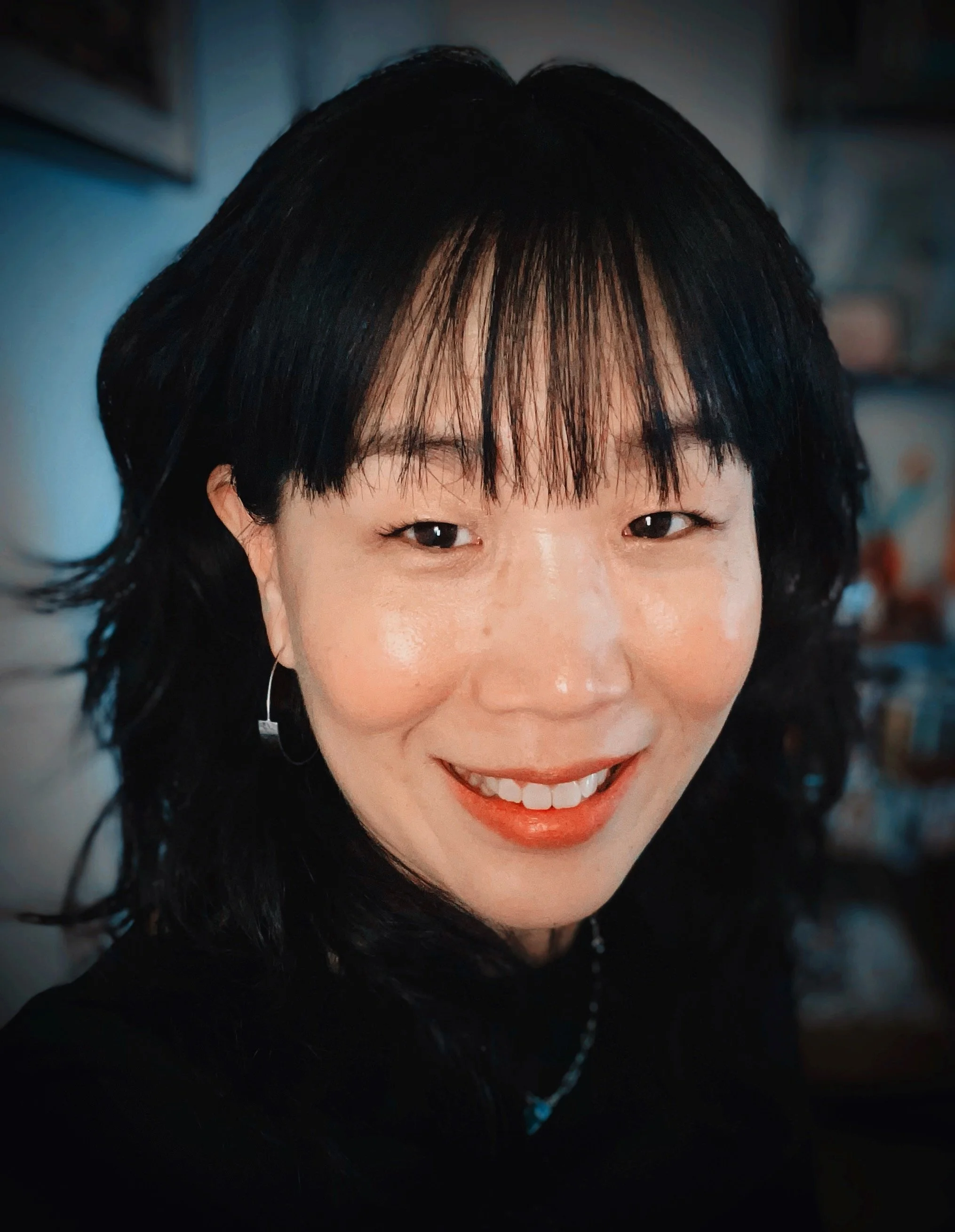From the Emmy Award-winning Squid Game to streaming sensations like The Glory and Crash Landing on You, Korean television has emerged onto the global pop culture scene as compelling television—but what exactly makes these shows so irresistibly bingeable? And what can we learn about our societies and ourselves from watching them? From stand-up comedian and media studies PhD Grace Jung comes a rollicking deep dive into the cultural significance of Korean television.
Author of K-Drama School, Grace Jung, will be joined in conversation by psychotherapist, artist, and writer, Helen Park. Q&A and book signing to follow.
Let us know if you’re coming by registering here or below.
About K-Drama School
K-Drama School analyzes everything from common tropes like amnesia and slapping to conspicuous product placements of Subway sandwiches and coffee; to representations of disability, race and gender; to what Korea's war-torn history says about South Korea's media output and the stories being told on screen.
With chapters organized by "lessons," each one inquiring into a different theme of Korean television, K-Drama School offers a groundbreaking exploration into this singular form of entertainment, from an author who writes with humor and heart about shows that spur tears and laughter, keeping us glued to the TV while making fans of us all.
Shows discussed include: Squid Game, SKY Castle, Crash Course in Romance, Extraordinary Attorney Woo, My Mister, Something in the Rain, One Spring Night, DP, Guardian: The Lonely and Great God, Autumn in My Heart, Winter Sonata, Our Blues, and more.
About Grace Jung
Grace Jung is a comedian and host of K-Drama School podcast with appearances on NPR, TBS, and The Bechdel Cast. She taught media studies at UCLA and the University of Wisconsin-Madison. Her book K-Drama School is featured in TIME and Literary Hub.
About Helen HyunKyung Park
Helen Park, LCSW, MFA, is a psychotherapist, artist, and writer who practices at the thresholds of healing and art, between language, lineage, and embodiment. Rooted in the relational and the contemplative, her work moves through the unseen terrains of emotional inheritance, where the personal becomes ancestral and the body remembers what words cannot. Drawing from Indo-Tibetan Buddhist psychology, somatic abolitionism, and the healing poetics of neuroaesthetic perception, Helen approaches each encounter as a site of repair—an unfolding between the relational, psyche, and story. A Fulbright Fellow in Performance Art to South Korea, she holds a Master of Social Work from New York University and a Master of Fine Arts in Digital Art/New Media from the University of California, Santa Cruz. She is currently writing a hybrid memoir tracing three generations of a Korean diasporic family through spiritual inheritance, migration, and the quiet reweaving of belonging.



